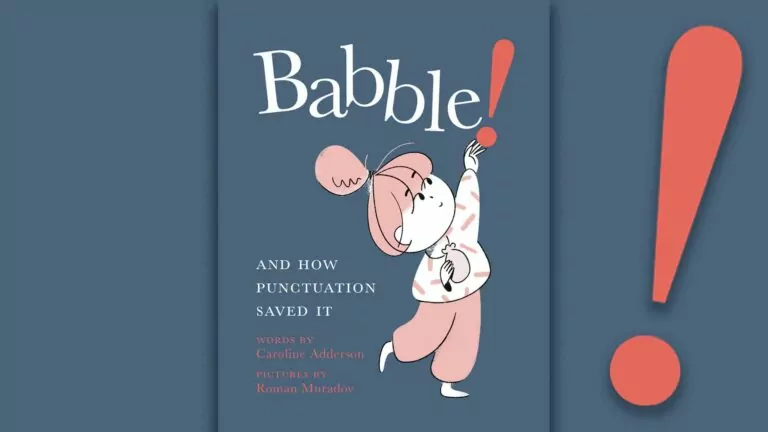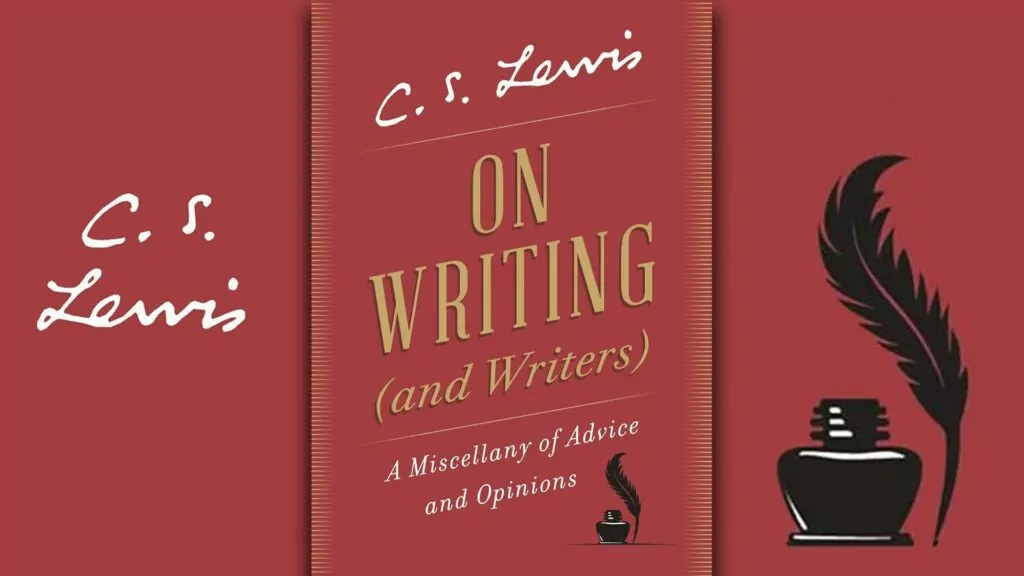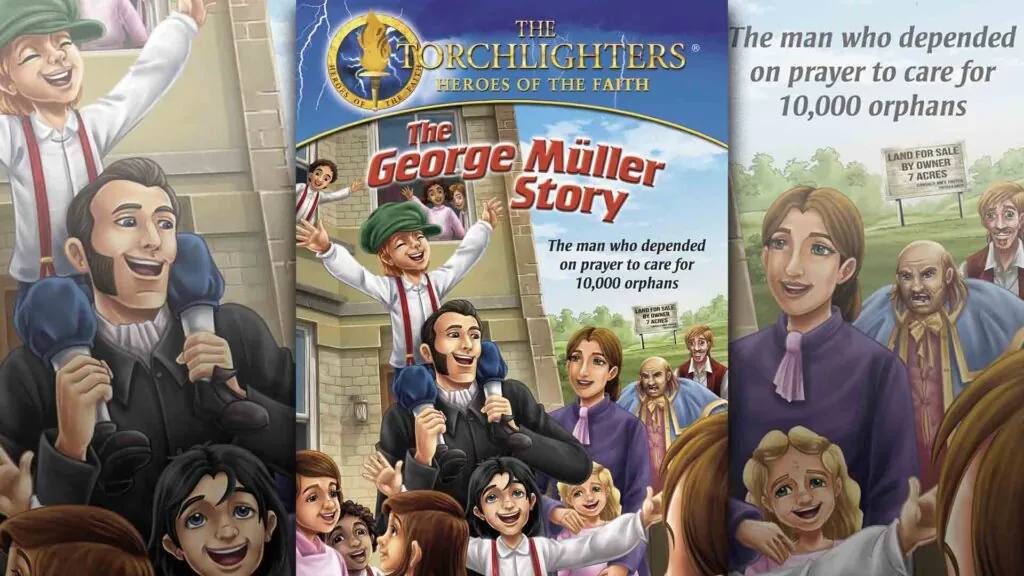by Caroline Adderson
illustrated by Roman Muradov
2022 / 72 pages
In the village of Babble no one knows what punctuation is which means they do not know when a sentence ends and the next begins they can’t even figure out when they are saying things out loud or just thinking them because they don’t have quotation marks
But then along comes a little girl who introduces them to the period. Whewww.
That helps a lot but the villagers have all sorts of questions they want to ask. But they can not. Because they still do not have question marks.
Can you imagine the relief they felt when the little girl shared that special little squiggle with them?
Onward it goes with quotation marks, commas, exclamation marks, and apostrophes introduced in the following chapters. The village of Babble, where there was once nothing but noise, now has people talking, thinking, questioning and, don’t you know, contracting too!
This would make for a great introduction to the importance of punctuation. Kids will especially love the chapter where the comma is introduced. In what’s an old gag, but will be new to kids, accusations are made about Babble villagers indulging in cannibalism! But how could that ever be? Well, it’s all about how the following sentence sounds if you don’t include a key comma: “Soon we will eat Grandpa.” Commas can save lives!
This cute tale is really a must for every elementary school library!















